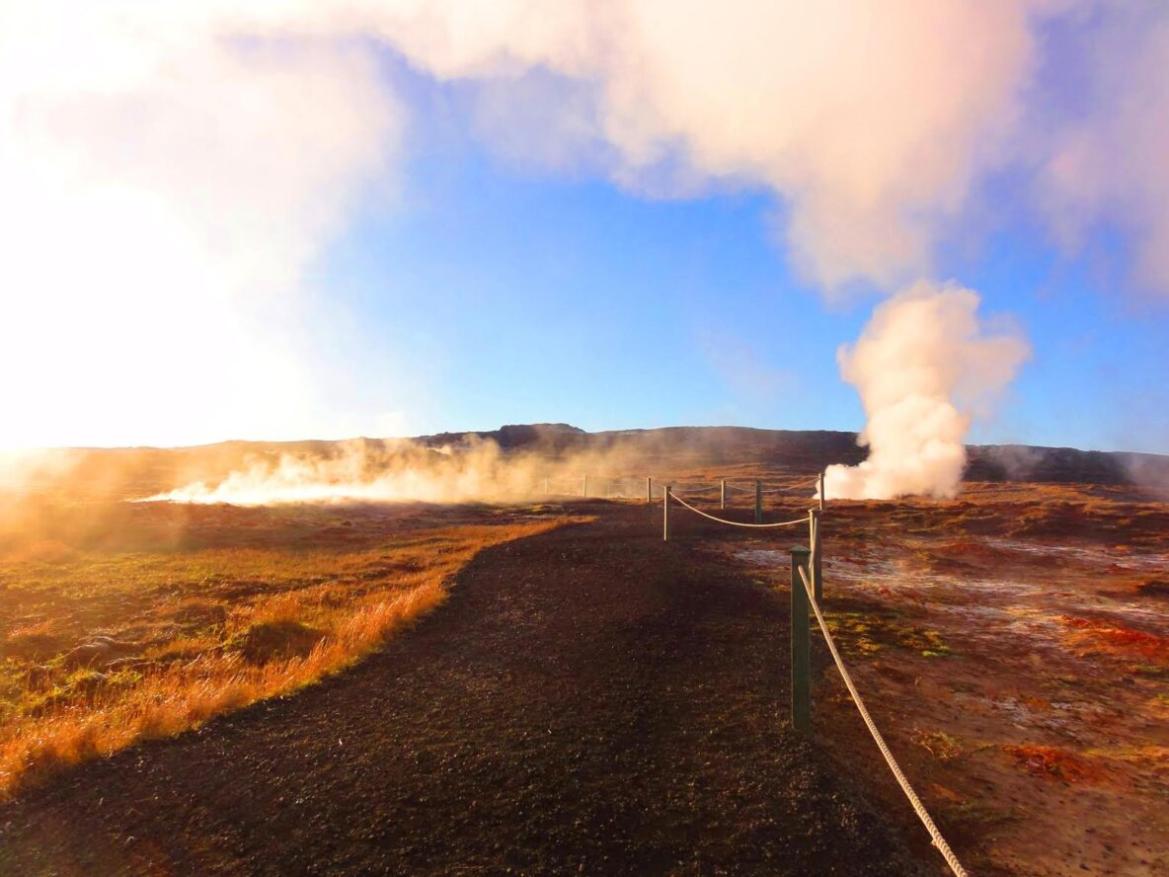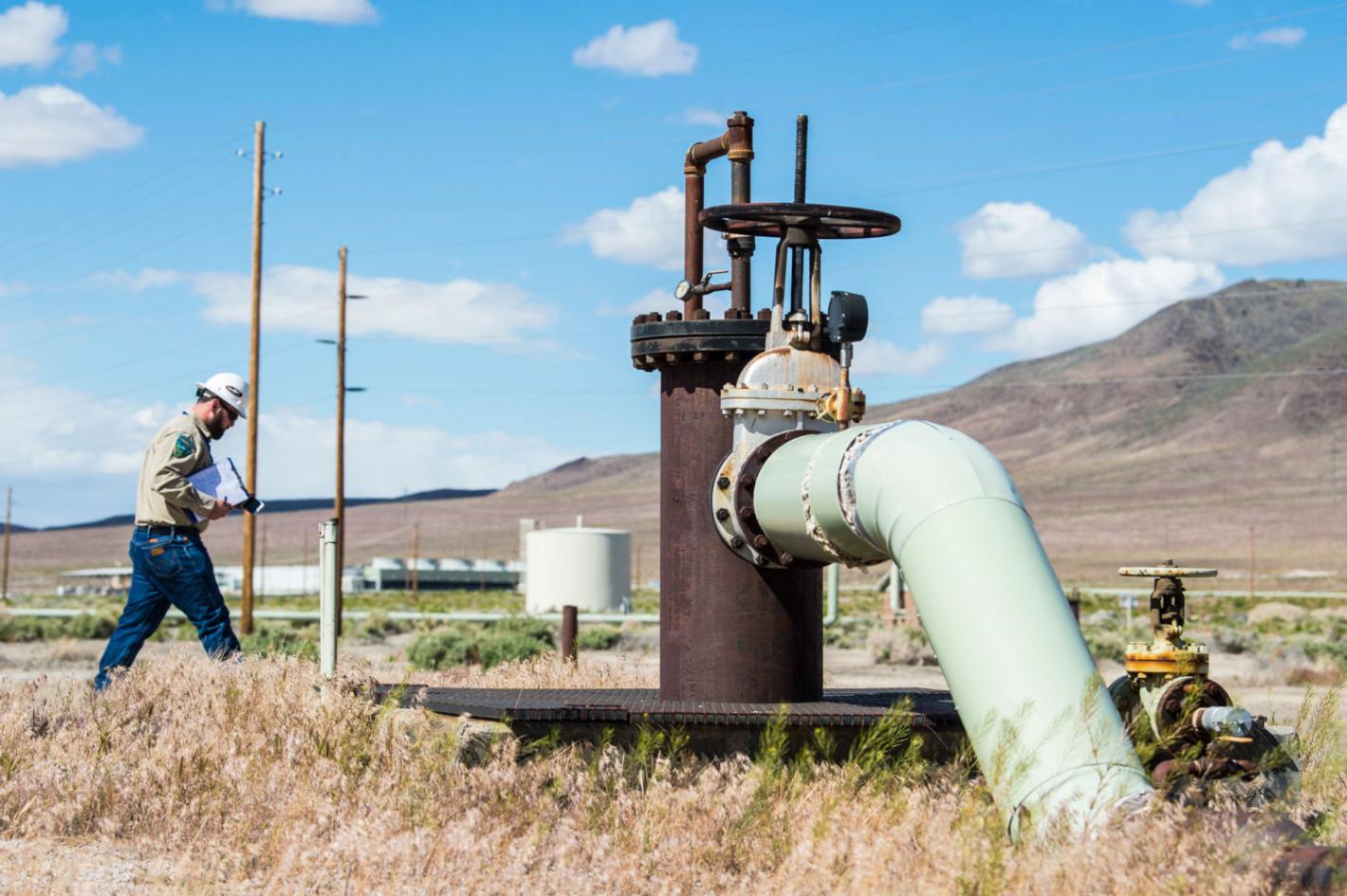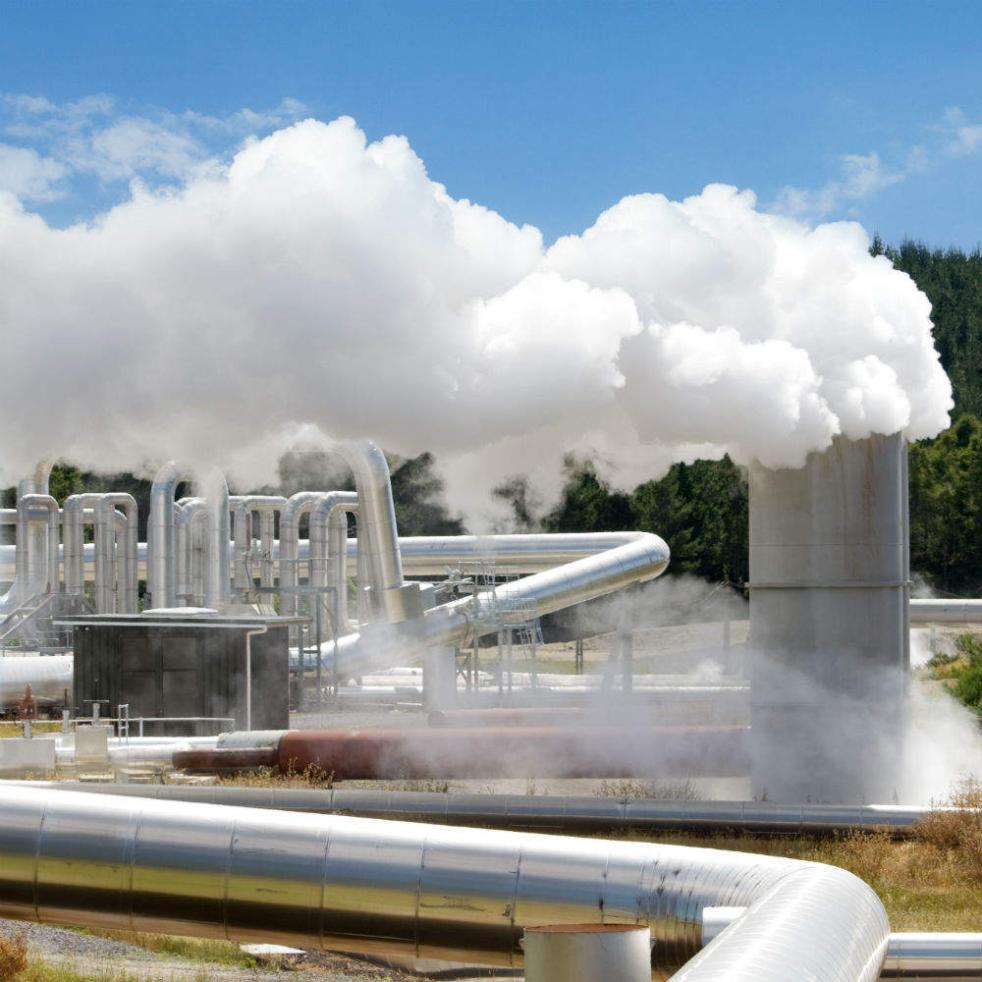Where Is Geothermal Energy Used?
Geothermal energy is the heat from the Earth's core that is used to generate electricity or heat homes and businesses. It is a clean, renewable source of energy that has been used for centuries.

Brief History of Geothermal Energy Use
The first recorded use of geothermal energy was in China in the 3rd century BC, where it was used to heat homes and cook food. In the 19th century, geothermal energy was used to generate electricity in Italy and New Zealand. Today, geothermal energy is used in over 80 countries around the world.
Global Distribution of Geothermal Resources
Geothermal resources are found all over the world, but they are most concentrated in areas with high levels of volcanic activity. The United States, Indonesia, the Philippines, New Zealand, and Italy are the top five countries with the most geothermal energy potential.
Direct Uses Of Geothermal Energy
Space Heating and Cooling
Geothermal energy can be used to heat and cool homes and businesses. Geothermal heat pumps use the Earth's constant temperature to heat or cool a building. District heating systems use geothermal energy to heat an entire neighborhood or city. Individual geothermal systems are installed in individual homes and businesses.
Industrial Applications

Geothermal energy can be used in a variety of industrial applications, including food processing, pulp and paper production, mining, and manufacturing. Geothermal energy can be used to provide heat, steam, or electricity for these industries.
Agricultural Applications
Geothermal energy can be used in a variety of agricultural applications, including greenhouse heating, crop drying, and soil warming. Geothermal energy can help farmers to grow crops year-round, even in cold climates.
Recreational Uses

Geothermal energy can be used for a variety of recreational purposes, including hot springs and spas, geothermal swimming pools, and geothermal tourism. Geothermal energy can provide a relaxing and enjoyable experience for people of all ages.
Indirect Uses Of Geothermal Energy
Electricity Generation
Geothermal energy can be used to generate electricity. Geothermal power plants use the heat from the Earth's core to turn a turbine, which generates electricity. Geothermal power plants are a clean and renewable source of energy that can provide baseload power.
Hydrogen Production
Geothermal energy can be used to produce hydrogen. Hydrogen is a clean-burning fuel that can be used to power vehicles, generate electricity, or heat homes and businesses. Geothermal hydrogen production is a promising technology that could help to reduce our dependence on fossil fuels.
Emerging Applications Of Geothermal Energy
Enhanced Geothermal Systems (EGS)
Enhanced geothermal systems (EGS) are a new technology that has the potential to greatly increase the amount of geothermal energy that can be extracted from the Earth's core. EGS involves injecting water into hot rocks deep underground, which creates fractures that allow the water to circulate and extract heat. The heated water is then brought to the surface and used to generate electricity.
Geothermal District Heating and Cooling
Geothermal district heating and cooling systems use geothermal energy to heat and cool entire neighborhoods or cities. These systems are becoming increasingly popular as a way to reduce energy costs and greenhouse gas emissions.
Geothermal Energy Storage
Geothermal energy storage is a technology that allows geothermal energy to be stored for later use. This can be done by injecting hot water into underground aquifers or by using molten rock as a heat storage medium. Geothermal energy storage can help to balance the intermittent nature of geothermal energy production.
Geothermal energy is a clean, renewable source of energy that has the potential to provide a significant portion of our future energy needs. Geothermal energy is used in a variety of applications, including space heating and cooling, industrial applications, agricultural applications, recreational uses, electricity generation, and hydrogen production. Emerging applications of geothermal energy, such as enhanced geothermal systems, geothermal district heating and cooling, and geothermal energy storage, have the potential to further increase the use of geothermal energy in the future.
Potential For Future Growth
The potential for future growth of geothermal energy use is significant. Geothermal energy is a clean, renewable source of energy that is available in many parts of the world. As the world moves towards a more sustainable future, geothermal energy is likely to play an increasingly important role in meeting our energy needs.
Challenges And Opportunities
There are a number of challenges that need to be overcome in order to increase the use of geothermal energy. These challenges include the high cost of geothermal exploration and development, the lack of infrastructure in some areas, and the intermittent nature of geothermal energy production. However, there are also a number of opportunities for geothermal energy development. These opportunities include the development of new technologies, such as enhanced geothermal systems and geothermal energy storage, and the increasing demand for clean, renewable energy.
YesNo

Leave a Reply